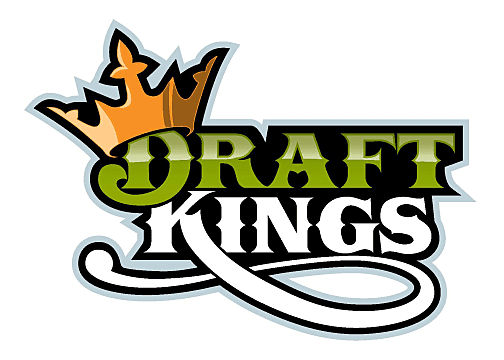And it isn’t just football and other physical sports that people are betting on anymore. eSports have crept further into mainstream game betting with their addition into DraftKings, a popular fantasy league website.
Sitting among the NBA, NFL, and MLB categories is a special eSports section full of League of Legends betting matches to join. For sports fans unacquainted with the blow-up and increasing profitability of the likes of League and Dota 2, it may come as a shocker to see video games on equal grounds as “real” sports. But for eSports fans this probably doesn’t come as a surprise at all.
Many gamers see sports as glorified games, and some may even consider fantasy leagues to be really popular games. But could we ever consider fantasy league fanatics “true” gamers?
What are fantasy leagues?
Fantasy leagues are games where people assemble their own teams based upon real professional players, then win points based on the performance of those players. It’s a game of luck and statistics. As 27-year-old Peter Jennings will tell you, it’s all about metrics.
Jennings used to evaluate stocks for a living, but now evaluates players and football statistics full-time with over $1 million in fantasy league winnings. Currently on DraftKings, the biggest League pool you can enter has a minimum payout of $25k.
The fantasy league legal scandal
Online gambling is illegal in the United States. Fortunately for fantasy leagues, the Online Internet Gambling and Enforcement Act of 2006 doesn’t consider them gambling. This was upheld by U.S. District Judge Dennis Cavanaugh when a fantasy league lawsuit was dismissed.
The lawsuit had a bad start, as virtual fantasy leagues were considered an extension of play for traditionally pen-and-paper fantasy sports.
Fantasy leagues were attacked on grounds that because of entry fees and the strong factor of luck involved, that it must be gambling.
- Court decision transcript
However, it was ultimately dismissed because fantasy leagues are considered contests. People pay entry fees for the privilege of participating, and the prize is not offered by the entity, which makes it a contest with prizes:
- Court decision transcript
The case being dismissed confirms that fantasy leagues are contests. So, what else can fantasy leagues be considered? If they’re contests or competitions, are they games? In a virtual setting that can be played on a computer, tablet, or phone, what makes fantasy leagues any less of a game than any other app? Perhaps it’s hard to consider them games because of their involvement with high-profile sports organizations and real-world occurrences.
- Court decision transcript
If you were to remove that, it’s a lot easier to envision it as a statistical strategy game. But even if you don’t, Madden games are similarly involved with high-profile organizations, and their injury algorithms are constantly updated based on actual statistics - to the point that some people complained about them being “too real.”
So, are fantasy league fanatics “gamers?”
Technically, a “gamer” is someone who doesn’t play video games at all, but who does play tabletop or card games. This has led to some confusion, considering that most people assume someone who identifies as a gamer must play video games.
But popular games like card game Magic: The Gathering and virtual card game Hearthstone have their own professional leagues and competitions. If fans wanted it enough, it’s very possible they could have their own fantasy leagues, too.
Would you consider yourself a gamer if you only watched video games? If someone religiously watched Starcraft II competitions, knew everything about the game and the players, but never played it themselves, are they still a gamer? What if they participated in ESL Fantasy?
If the answer is yes, then you could very well consider sports fans to be gamers, too. Many who participate in Fantasy Football don’t actually play football. They have favorite teams, follow football news, and watch at every opportunity. Although they do not go outside and play football, they are very involved in the community and consider themselves sports fans.
At the end of the day, sports are still games
The definitions of games and what constitutes being a real “gamer” are changing as we speak due to social changes, games becoming mainstream, and the evolution of games into unprecedented genres like virtual and augmented reality.
Ultimately, people will ally themselves under whatever label they identify with the most. For those who regularly play interactive games and are involved in the gaming community, that label would be a gamer. Since labels are a result of social context, meanings can change over time. Perhaps the distinction of gaming will blur when it comes to fantasy eSports and fantasy sports as both avenues grow together on platforms like DraftKings. In few years’ time, it won’t be a surprise if we will have a new term to describe those who are enormous fans and insiders to something they don’t personally participate in.


